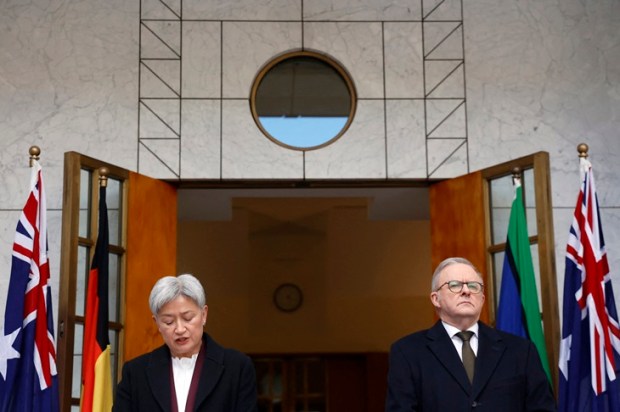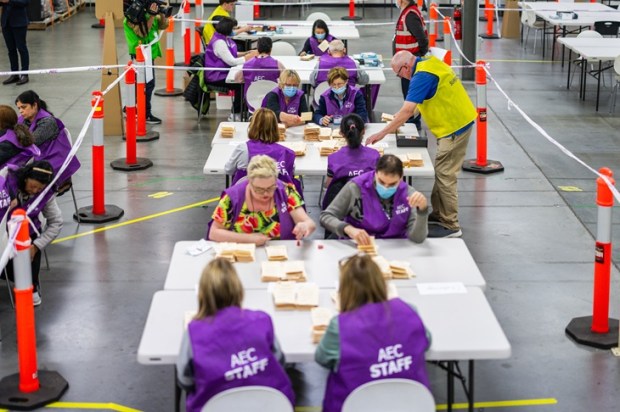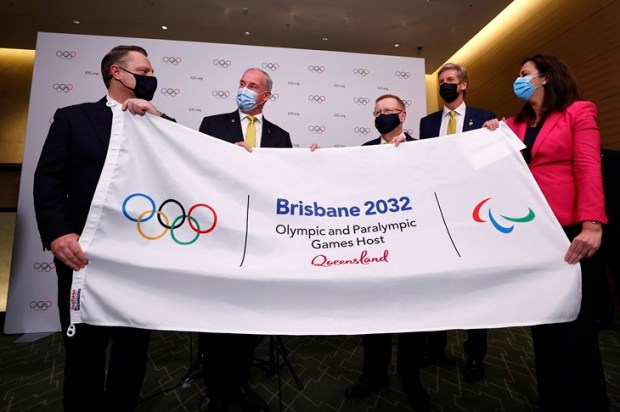At the end of last year, Anthony Albanese inked a deal with his Papua New Guinea counterpart, James Marape, to gift $600 million to PNG for a rugby league team to enter the Australian National Rugby League (NRL) from 2028. This is not exactly what Australian taxpayers have been crying out for during a cost of living crisis in Australia amidst a ballooning government debt which is substantially contributing to Australia’s stubborn inflation rate and relatively high interest rates.
‘Tone deaf’ is the phrase which comes to mind to describe our Prime Minister with this unwanted and costly deal, undertaken, we are told, to buy PNG’s loyalty to Australia’s Pacific security vis-à-vis China’s regional presence by, in theory, locking China out of establishing any security or police presence in PNG.
Almost half ($290 million) of this gift will, over ten years, go to the new PNG franchise, including for a new stadium, whilst $250 million will go towards ‘rugby league pathways in the Pacific’ in countries such as Fiji, Samoa, and Tonga, a program which will simply develop the talent pool for the ever-growing cohort of Pacific Islanders who increasingly dominate the ‘Australian’ clubs.
The PNG deal is another unappetising slice of a foreign aid pie that has long since lost its flavour. In addition to the $600 million taxpayers’ gift card, Australia will funnel $637.4 million in total foreign aid to PNG in 2024-25. PNG is the single largest recipient of Australia’s total foreign aid bill of around $4 billion a year (it was $3.8 billion in 2024-25), money that a struggling taxpayer might prefer to go towards paying off government debt or being put to work to actually benefit Australians – it’s our money after all.
Under the PNG deal, Australian-based players who sign up for the PNG team will also be granted tax-free status on their PNG contract income as an incentive for them to relocate to PNG, where they will live in a secure compound in the capital, Port Moresby (no wandering off to frequent the nightlife post-match, guys).
Port Moresby is notoriously wracked by crime, rated by Numbeo Crime Index as the fifth most dangerous city in the world whilst the Australian government’s Smart Traveller website advises exercising ‘a high degree of caution’ in PNG because of that country’s volatile civil disorder and the risk of ‘violent crime and sexual assault’, with the quaintly named ‘The Raskols’ waging a machete-wielding reign of criminal thievery and vandalism.
Away from the often graphic violence of PNG, the country, according to the Global Organised Crime Index, suffers from pervasive corruption where money laundering, fraud, and bribery are rife. There are questions to be asked about what guarantees Australian taxpayers can expect to ensure this thick cash wad of $600 million will make it to the intended projects.
PNG is effectively a failed state on our doorstep – poverty stricken (40 per cent of the population live below the poverty line), violent, and unstable.
Apologists for the PNG deal in government, the media, and the Australian Rugby League Commission tell us that rugby league is so popular in PNG, and in Australia (well, just two, states – NSW and Queensland), that the deal will be a commercial and ratings success (the expansion of some Australian sports competitions into New Zealand has been all about more games and more money for the television rights) but if the PNG move makes such commercial sense why can’t the wealthy NRL fund the thing themselves rather than getting the government to siphon it from taxpayers’ pockets? Or, why isn’t the government gift not a loan, repayable with interest, rather than a handout?
The geo-political aspect of the whole deal (meant to counter China) smacks of naivety. Australia can not compete with China financially – Australian governments had poured buckets of funding into the Solomon Islands, for example, and China simply poured in more, blindsiding Australia with a Solomon Islands-China security agreement in 2022. The ‘soft power’ of sports diplomacy will always be on a hiding to nothing in the face of cold hard cash.
I have never cared for rugby league as a sport (Aussie Rules is my sporting addiction of choice) but Mr Albanese’s generosity with my and other taxpayers’ money for the game, and commercial enterprise, of League in PNG, and for the team which will be made up of overpaid Australian sporting mercenaries, has unfortunately forced some attention to be paid to it.

























